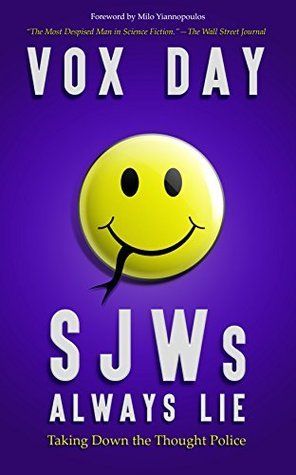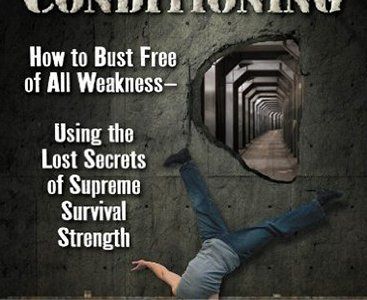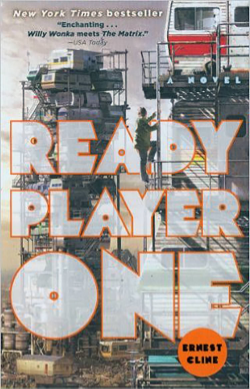REVIEW: WHAT'S WRONG WITH CHINA
Ben Robertson • August 13, 2018
Paul Midler wrote a good book about China and I loved reading it. (Full disclosure - Paul is a friend since we first met in Taipei in the late 1990s and he sent me a copy of his book as a gift.) I was an East Asian Studies major in college and lived and worked in China and Taiwan for 6 years and was happily surprised by how much I learned from reading What's Wrong with China.
Paul is a great story teller and keeps getting better as a writer. I first read his work in 1997 sitting at the bar at O'Ginny's in Taipei. He shared with me an essay he wrote for graduate school about riding his scooter in Taipei. When he got into Wharton, and I did not, I attributed his success in part to that well-written and entertaining essay.
The laugh-out-loud funny parts of this book are Paul's stories about working with factories in China. There are also some hilarious stories about cab drivers. What makes these stories so funny is the cultural analysis that provides a Westerner's understanding of a Chinese perspective.
Factory owners flatter, emote, yell, bribe, cheat, lie, steal, and even cry to get to the equilibrium point of fair trade. While many foreigners have lost their shirts and thrown up their hands in exasperation, Paul suggests that success is possible for those willing to fight fire with fire.
What's Wrong with China is one of at least three previous works by the same name. Throughout the book we learn about many books written by past observers like Arthur Smith, Abbe Huc, and Lucian Pye and this depth of historical perspective was for me a revelation. I read Chinese history in school but none of these first hand accounts, perhaps because many of them are so unflattering.
Perhaps the biggest gap in my education was the Boxer Rebellion, described in my recollection of a history class called Modern China as a failed religious rebellion against British imperialism. The perspective taught in that class was consistent with the Chinese government view that colonialism was bad and China was a victim. While this may be true, I was grateful and saddened to learn that the Boxer Rebellion included the slaughter of 400 men, women, and children, mostly missionaries from the United States and England.
Through detailed accounts of his own experiences, references to the work of others, and historical context and analysis, Paul provides important insight for both business and foreign policy negotiations. Among the more disturbing foreign policy moves by China in recent years is the building of islands in the South China Sea to establish historical claims to territory. Based on Paul's analysis, and my own, this is a bluff but only in so far as the United States has the will to say no.
The other important insight is that not saying no will likely lead to worse conflict in the long run. The danger of China's cat's paw approach to foreign policy, that is using others as a proxy for its own ambitions, can be seen clearly with North Korea. As a puppet of the Chinese Communist Party, North Korea is threatening its neighbors with nuclear attack, and providing what some in Beijing might consider a happy distraction from the South China Sea.
It is odious to think that Beijing might be using North Korean nuclear capabilities as a bargaining chip to further its ambitions in the South China Sea but it is also not out of the question.
What's Wrong with China is an ambitious book that left me wanting to know more. The issues of Communism and brainwashing are mentioned but I would like to have known more about how Chinese culture might have changed since 1949. As much as I grieve for the missionaries killed in 1900, the murder of Christians, Falun Gong practitioners, political dissidents, and others in modern times is just as disturbing.
The book focuses a great deal on the American and British experience in China but China shares its borders with 14 countries and I think it would also be interesting to know more about these neighbors, especially Russia and India. For example, I found the discussions of Japan's relationship with China invaluable, like how Japan refuses to apologize for its actions in China during World War II but has done so in Korea.
What's Wrong with China is a good book and an excellent introduction to modern China.





